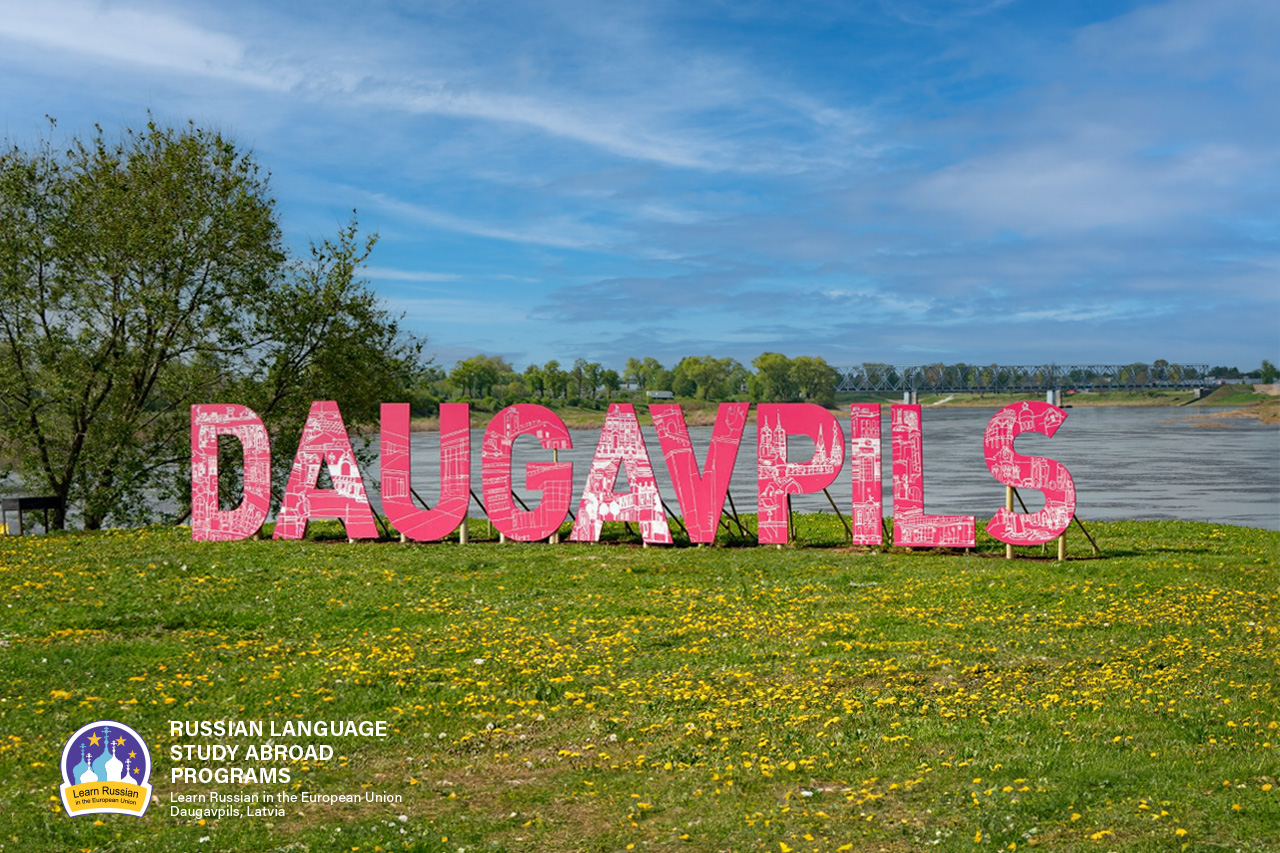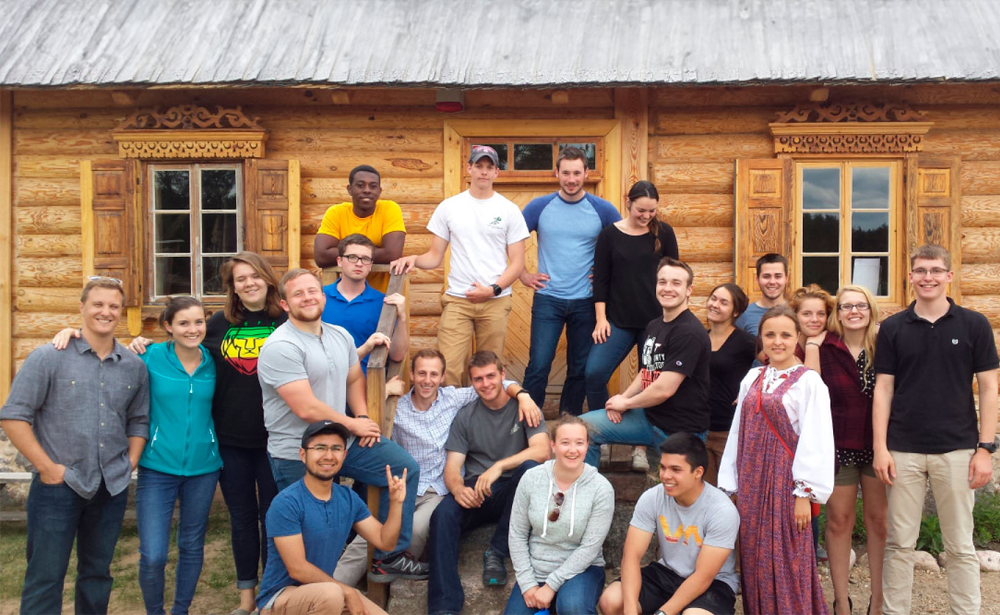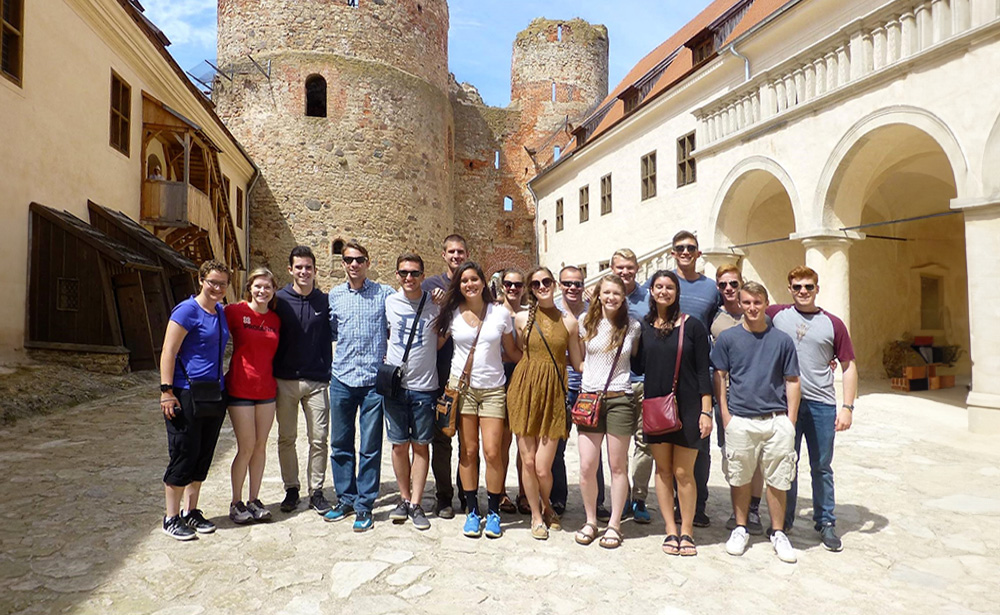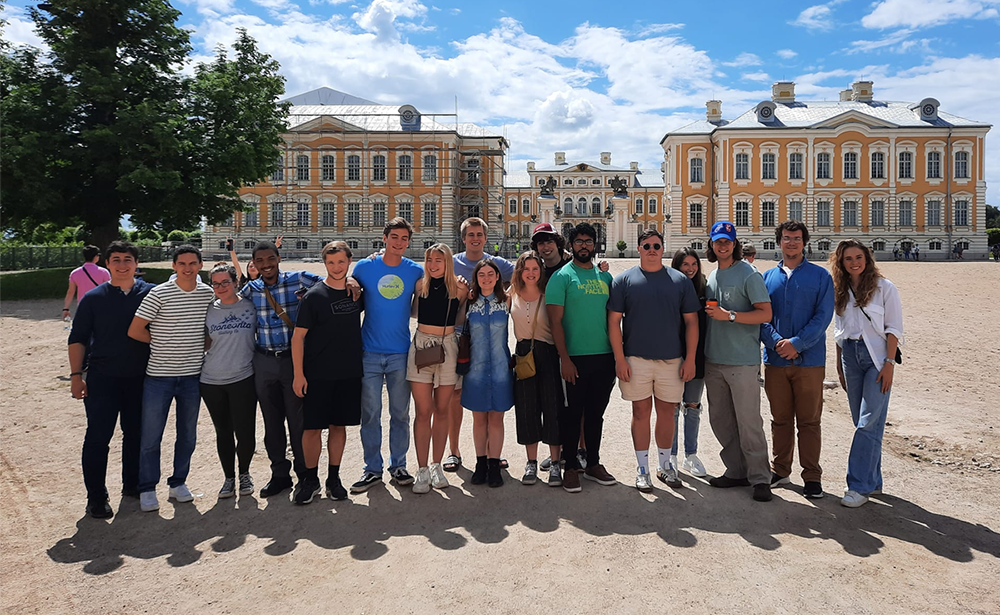How to say “I’m sorry” in Russian

Nobody is perfect, and from time to time we all make mistakes. You should be able to recognize your mistakes and know how to apologize for your mistakes. Therefore, today we are going to tell you how to say “I’m sorry” in Russian and how to accept apologies.
How to say “I’m sorry” in Russian correctly
The most common way to apologize is to say words “извини(те)” or “прости(те)”. What’s the difference between these two words? In fact, there is no any difference. Both words are synonyms and there are no rules that tell you which word to use in any specific situation.
The forms “прости” and “извини” are acceptable while communicating with people you know really well and who you normally address as “ты”. “Простите” and “Извините” are used in formal situations.

Examples:
- Прости (извини), что я опоздал, автобус пришёл слишком поздно.
- [prastee (izveenee), chto ya apazdal, aftobus prishyol slishkom pozdno]
- I’m sorry I’m late, the bus was late
- Простите (извините) за опоздание, такого больше не повторится.
- [prasteetye (izveeneetye) za apazdaniye, takova bolshe nee pavtaritsya]
- I’m sorry I’m late. This won’t happen again.
- Простите, я не хотел
- [prasteetye, ya nee khatel]
- I’m sorry, I didn’t mean to
You can add a word “пожалуйста”. It will make your apology more sincere and emotional. You can put “Пожалуйста” both before or after “извини(те)”.
Examples:
- Прости (извини) меня, пожалуйста, это вышло случайно.
- [prastee (izveenee) meenya, pazhalyista, eta veeshlo sluchayina]
- I’m sorry, it was an accident
- Простите (извините), пожалуйста, что не смог Вам помочь.
- [prasteetye 9izveeneetye, pazhallyista, shto nee smog vam pamoch]
- I’m sorry I wasn’t able to help you
- Пожалуйста, прости (извини), меня.
- [pazhalyista, prastee (izveenee) meenya]
- Please forgive me
- Пожалуйста, простите (извините), что взял Вашу книгу без разрешения.
- [pazhalyista, prasteetye (izveeneetye), shto vzyal vashu kneegu bez razresheniya]
- I’m sorry for taking your book without permission

In some situations you can use “простите” or “извините” as a polite way of addressing people you don’t know, or when you ask for a direction or the time.
Examples:
- Извините (простите), не могли бы Вы мне помочь?
- [izveeneetye (prasteetye) nee magliy bi vy mne pamoch]
- Excuse me, can you help me, please?
- Извините (простите), как пройти на Старый Арбат?
- [izveeneetye (prasteetye), kak prayti na Srariy Arbat]
- Excuse me, how can I get to Stariy Arbat?
- Извините (простите), который час?
- [izveeneetye(pasteetye), katoriu chas]
- Excuse me, what’s the time?
How to accept apologies
We often say sorry to somebody and people also say sorry to us. What is the right way to answer when somebody says “I’m sorry” to you?

There are two verbs: “извинять” and “прощать”. They are synonyms and can be translated as “to excuse somebody” or “to forgive”. You should use these words when a person is really guilty and you forgive him/her:
- Я прощаю тебя (Вас) – I’m forgiving you.
- Я извиняю тебя (Вас) – I’m forgiving you.
- Я уже простил тебя (Вас) – I forgave you already.
However, we more often use other phrases that are appropriate in both formal and informal communication:
- Ничего / ничего страшного.
- [neechego/ neechego strashnogo]
- No worries / It’s okay
- Бывает.
- [byivayet]
- It happens / Things happen
In informal situation you can also use the following phrases:
- Забыли! / Ладно, забыли!
- [zabeelee/ ladna, zabeelee]
- Проехали!
- [prayehalee]
Both expressions can be translated as “All right, let’s forget about it”.

Examples:
- Ой, извини, я случайно.
- Да ничего. Бывает!
- Oh, I’m sorry, it was an accident.
- It’s okay. Things happen.
- Прости, пожалуйста, я больше не буду.
- Ладно, проехали!
- Please forgive me. I won’t do this again.
- Okay, let’s forget about it.
- Извините за опоздание. Этого больше не повторится.
- Ничего страшного. Проходите.
- I apologize for being late. This won’t happen again.
- It’s okay. Come on in.
In the previous section we looked at the example when we use “простите” and “извините” as a form of request. In these situations you should just use these words and say what you need.
Examples:
- Извините, как пройти на Старый Арбат?
- Идите прямо по этой улице, потом сверните направо, там будет указатель.
- Excuse me, how can I get to Stariy Arbat?
- Go straight on, and then turn right, you’ll see a sign there.
- Извините, который час?
- Пол пятого.
- Excuse me, what’s the time?
- Half past five.
We have looked at the basic phrases. In the everyday speech you definitely can come across many other expressions, but the basic phrases we provided you with in this article will be enough to cope with any situation. By the way, do you happen to know any other ways to apologize or accept apologies? Leave your comments!
You may be interested

Why do people speak Russian in Daugavpils?
As it seems to us, Daugavpils is the best place to learn Russian now, because our city is situated in the EU and NATO, but at the same time 90% of the city’s population speak Russian at home.

ЭТЮД О ДВИНСКЕ
Etude on Dvinsk by F.Fedorov
The Baltic region is one of the most catastrophe prone regions of the 2nd millennium, especially its second part; it is the centre of attraction of ‘geopolitical’ interests of the European world. Probably the most tragic fate has befallen to the eastern part of the present Latvia and its multi-titled town of Dinaburg – Dvinsk – Daugavpils. During its 730 years long history, the town went through five rather autonomous periods of development, five different lives (German, Polish, Russian, Latvian, Soviet), and at the beginning of the 1990s it entered into the 6th period.
The history of Dinaburg – Dvinsk – Daugavpils is the history of five attempts by the town to begin its life anew; and this is determined not only by the fact that the town was four times burned down and had to start life from scratch, but first and foremost because each of these periods was characterized by a total change of ethnos and the socio-cultural field.
The present article deals with the cultural space of the town in one of the most efficient periods of its development – from the 1860s till World War I.








